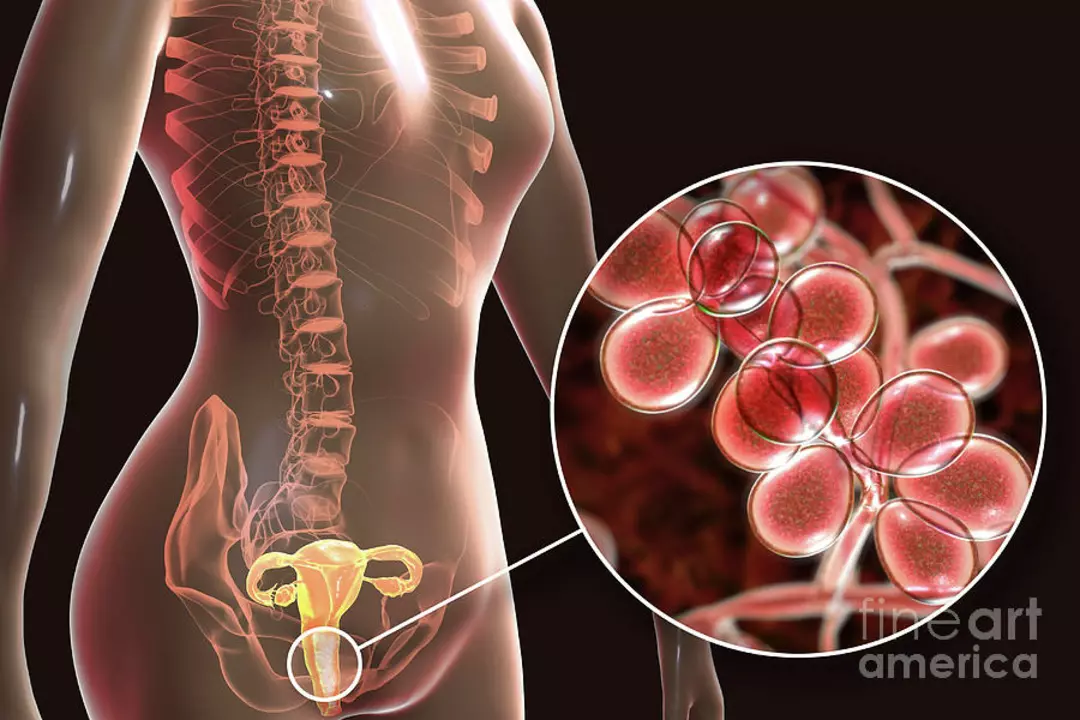Common medication myths — what’s true and what’s misleading
Wrong information about drugs and supplements spreads fast. You’ve probably seen bold claims like “natural equals safe,” “all online pharmacies are scams,” or “this pill cures everything.” Those short, catchy lines feel believable, but they can be harmful. Here’s how to spot the myths that matter and what to do instead.
First, a quick example to ground this: some herbal supplements sound harmless but can interact with prescription drugs or cause side effects. Our write-up on wood anemone and Sceletium shows how plants can be helpful but aren’t automatically safe for everyone. And when it comes to online pharmacies, articles about Canadian virtual pharmacies explain that many sites are legitimate — but only if you check credentials.
Five simple rules to test a medical claim
1) Check the source and date. Credible sites link to studies, health agencies, or professional guidelines. Old headlines or unnamed experts are red flags. If a claim cites a single small study from years ago, take it with caution.
2) Look for scale and method. Big, randomized trials and systematic reviews matter more than anecdotes. For example, debates about switching drugs — like alternatives to gabapentin or alprazolam — need solid clinical data, not one-person stories.
3) Watch for money ties. If the article pushes a product and the site sells it, that’s a conflict. Transparency about funding or sponsorship is a good sign.
4) Ask if the claim is absolute. Health advice that promises 100% results is almost always wrong. Safer phrasing: “may help,” “can reduce risk,” or “works for some people.”
5) Double-check with a clinician or pharmacist. If you’re pregnant, breastfeeding, or managing chronic conditions, always run changes by a professional — the phenytoin and breastfeeding guide shows why individual safety checks matter.
Quick myth-busting examples
"Natural equals safe" — Not always. Plants like wood anemone can cause reactions or interact with meds. Read ingredient lists and check interactions.
"All online pharmacies are dangerous" — Some are safe and regulated. The articles about Canada’s online pharmacies and virtual pharmacies explain how to spot reputable services and avoid risky sellers.
"If one drug works, its alternatives are automatically better" — Alternatives have different risks and benefits. Pieces on alprazolam alternatives or gabapentin substitutes show trade-offs you should weigh with your doctor.
"OTC inhalers are fine for everyone" — Over-the-counter asthma treatments can help some people, but they’re not a substitute for medical care. If you use inhalers regularly, see a clinician.
If a claim worries or excites you, pause before acting. Search for recent trusted sources, read more than one expert view, and—when in doubt—ask a pharmacist or doctor. That small step protects your health more than a viral headline ever will.

Syphilis Transmission: Debunking Common Myths and Misconceptions
As a blogger, I feel it's important to educate my readers on the topic of syphilis transmission and debunk some common myths and misconceptions. Firstly, syphilis is not spread through casual contact, such as sharing utensils or toilet seats. Secondly, using contraceptives like condoms can significantly reduce the risk of transmission, but it's not 100% effective. Moreover, syphilis can also be transmitted from mother to child during pregnancy, making prenatal testing crucial. Lastly, I want to stress that the only way to accurately know your syphilis status is by getting tested regularly, as it often shows no symptoms in the early stages.
May 13 2023
Overcoming Common Misconceptions about Biosoprolol
As a copywriter, I've come across quite a few misconceptions about Bisoprolol that I think it's important to address. First, many people mistakenly believe that it's a cure-all for heart conditions, when in reality it's just one tool in managing these issues. Second, some folks think that taking Bisoprolol means they don't have to make any lifestyle changes, but that couldn't be further from the truth. Combining medication with a healthy lifestyle is key to managing heart problems. Lastly, it's essential to remember that not everyone will have the same reaction to Bisoprolol, so it's crucial to talk to your doctor about what's best for you.
April 27 2023